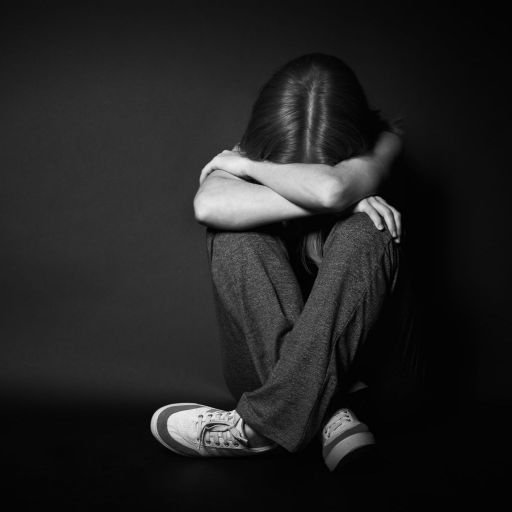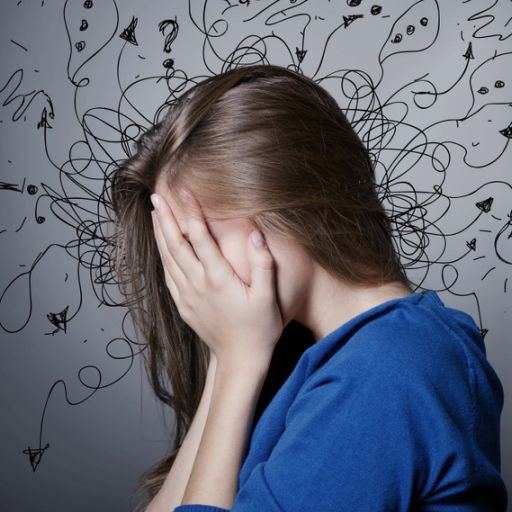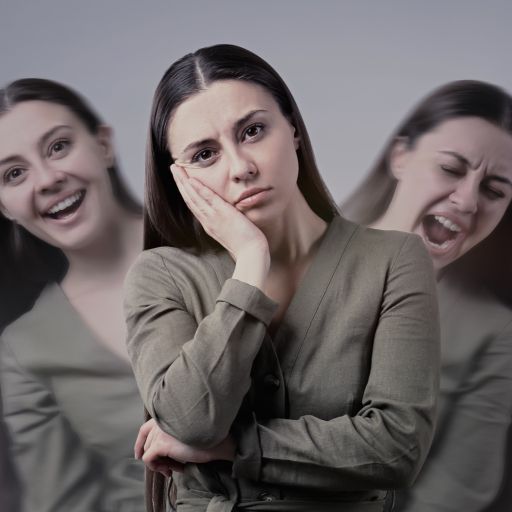In many instances, people tend to perceive mental health as an issue that occurs only in the brain.
However, it actually relies on a balance of brain chemistry, physical health, life stressors, genetics, and experiences. Your experiences and physical health can change the brain, including its structure and connections.
This creates a dialogue between our behavior and what we learn.When any aspect of our mental health is out of alignment, mental illness can develop. This is not due to personal flaws or shortcomings.
Many people face difficult life situations or circumstances. Genetic vulnerabilities or repeated exposure to trauma or violence can increase the risk of developing mental illness.
Categories of mental disorders
Some common mental health disorders include:
●Depression
●Anxiety disorders
●Obsessive-compulsive disorder
●Bipolar disorder
●Post-traumatic stress disorder
●Schizophrenia
Depression
While feeling low in spirit is usually associated with depression, it is much more than that. It is one of the most common mental disorders that affect people.
It may be triggered by trauma or chronic stress from violence or poverty. Genetics also play a role; if family members have had depression, you might be at higher risk.

Treatment for Depression
The good news is that treatment for depression often works well. The American Psychiatric Association reports that 80% to 90% of people respond positively to treatment.
Cognitive behavioral therapy (CBT) is a type of talk therapy that helps reframe negative thoughts and teaches coping skills.
Group therapy provides a space to share experiences with others facing similar struggles. Antidepressant medications increase brain chemicals that help control mood.
Electroconvulsive therapy (ECT) uses electrical currents administered to the brain while under anesthesia. Transcranial Magnetic Stimulation (TMS) uses magnetic pulses to stimulate the brain area that controls mood.
Ketamine, in the form of a nasal spray called esketamine (Spravato), is used for treatment-resistant depression. Lastly, exercise can be highly effective for mild-to-moderate depression and sometimes works without medication.
Anxiety
Anxiety disorders often occur alongside depression. Anxiety disorders cover a broad range of conditions. They can vary in symptoms but commonly include:
●Feeling nervous, tense, or on edge frequently.
●Experiencing irritability.
●Becoming easily fatigued.
●Struggling to concentrate or focus on anything other than the current worry.
●Having difficulty sleeping.
●Finding it hard to control worrying thoughts and feelings.
●Fearing disapproval or negative evaluations from others.
●Avoiding social situations.
Treatment of anxiety
Psychotherapy is the classical way of treatment. This, as a rule, includes cognitive therapy. When receiving therapy, a patient can work with a psychologist individually or with a therapist team.
The goal is to understand how your thoughts, feelings, and behaviors contribute to your anxiety and to learn skills to manage them.
Exposure therapy is used for specific phobias. In this therapy, you gradually face what you fear in a controlled setting.
For example, if you fear needles, you might start by looking at pictures of needles. Over time, you would progress to handling a syringe or holding a needle. The aim is to reduce the fear associated with these triggers.
Medications can also be helpful. Benzodiazepines may be used for short-term relief, while antidepressants can provide long-term relief.
Obsessive-Compulsive Disorder
Obsessive-Compulsive Disorder, or OCD, is all about pesky, recurring thoughts and behaviors. It's like having a broken record stuck on repeat in your mind.
Obsessions can include:
●Intrusive thoughts of aggression.
●Taboo thoughts about sex or religion.
●Constant worries about germs and contamination.
Compulsions might look like:
●Washing your hands so often that you could be auditioning for soap commercial.
●Arranging things in a specific order, like you’re preparing for a grand event.
●Checking things repeatedly, such as ensuring the stove is off, even though you’re sure it is.
●Motor tics like blinking or shoulder shrugging, which can become a bit of a habit.
Treatment of Obsessive-Compulsive Disorder
Treating OCD usually involves:
●Talk therapy, like cognitive behavioral therapy or habit reversal training, can help you manage those pesky thoughts and behaviors.
●Medications, such as selective serotonin reuptake inhibitors (SSRIs), to help balance things out.
●Transcranial magnetic stimulation is a fancy method to give your brain a little nudge in the right direction.

Bipolar Disorder
Bipolar disorder, also known as manic depression, involves extreme mood swings. One moment, a person might feel deeply depressed, and the next, they could be in a manic state with hardly any need for sleep. In a manic episode, someone might sleep less than four hours a night for over a week.
Bipolar disorder comes in several types:
●Bipolar I: The most severe form.
●Bipolar II: Less severe than Bipolar I.
●Cyclothymia: A milder form of bipolar disorder.
During a manic episode, symptoms can include:
●Inflated self-esteem or grandiosity.
●Impulsive behavior, like gambling or risky sexual behavior.
●An unusually elevated mood.
●Racing thoughts and rapid speech.
●Extreme euphoria and delusions.
●Irritability and high energy levels.
In contrast, depressive periods in bipolar disorder might include:
●Feeling lethargic and losing interest in previously enjoyable activities.
●Profound sadness and a lack of motivation.
●Difficulty maintaining daily routines.
●Changes in sleep patterns or appetite.
●Suicidal thoughts and actions, which are notably higher in risk.

Treating bipolar disorder
To diagnose bipolar disorder, a person must meet strict clinical criteria and experience symptoms for at least two years, depending on the type.
Once diagnosed, bipolar disorder can be managed with a combination of talk therapy and medications. Treatments often include mood stabilizers, antipsychotics, antidepressants, and sleep aids.
Keeping these mental ailments untreated may end up disastrous for the person in question, as has been evidenced in many instances all over the world.
Talk to a healthcare provider if you notice any of these symptoms. It's important to reach out sooner rather than later. If you wait too long, your condition might worsen.
Start by talking with your primary care provider. They can screen you for mental health disorders and refer you to a specialist if needed.
A specialist might be a psychiatrist or nurse practitioner who can prescribe medication. Or, it could be a psychologist or licensed clinical social worker who focuses on therapy but doesn’t prescribe medication.





